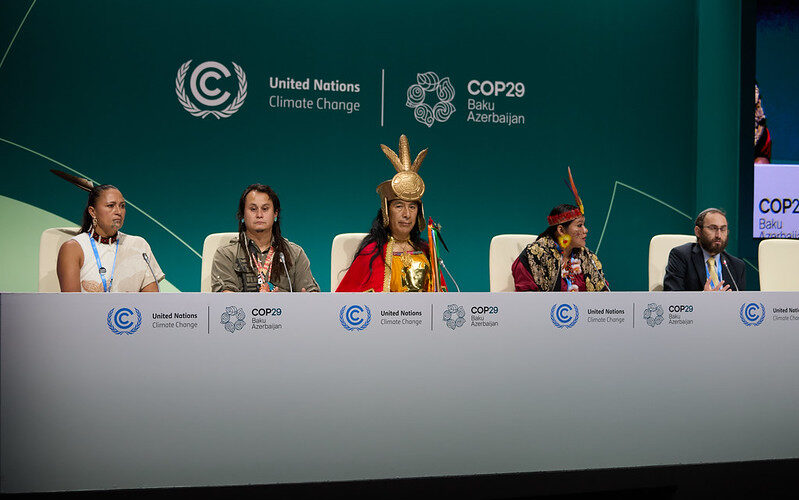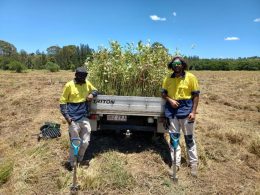The COP29 climate summit presidency unveiled a draft finance proposal on Friday, urging developed nations to lead by contributing $250 billion annually by 2035 to support poorer countries in tackling climate change. The proposal, however, faced immediate backlash from multiple quarters.
The summit, held in Baku, Azerbaijan, aims to finalise a comprehensive funding framework to combat global warming. Yet, deep divisions persist between wealthier nations wary of financial burdens and developing countries demanding increased support.
The draft targets contributions from developed nations such as the European Union, the US, Britain, Japan, and others, while allowing developing countries, including China and Brazil, to contribute voluntarily without altering their UN-designated status.
Critics argued that the proposed figure was either inadequate or overly ambitious. Juan Carlos Monterrey Gomez, Panama’s Special Representative for Climate Change, dismissed the sum as insufficient: “It feels that the developed world wants the planet to burn.”
The draft also outlined a broader aim to mobilise $1.3 trillion annually in climate finance by 2035, drawing from public and private sources. While economists recommend at least $1 trillion annually for developing nations by 2030, negotiators warned that closing the funding gap will require significant bilateral action, contributions from multilateral development banks, and private sector engagement.
The proposal’s fate has been clouded by political uncertainty in the US, following Donald Trump’s election victory on November 5. Trump has pledged to withdraw the US from international climate commitments, raising doubts about the involvement of the world’s top historical greenhouse gas emitter.
UN Secretary-General António Guterres, who returned to Baku from the G20 summit in Brazil, stressed the urgency of a deal: “Failure is not an option.”
The negotiations come as 2023 shapes up to be the hottest year on record, with catastrophic climate impacts intensifying worldwide.
With the summit scheduled to conclude Friday evening, negotiators face mounting pressure to bridge their differences. However, as past COPs have shown, talks could extend into overtime.
Daniel Lund, a negotiator for Fiji, cautioned against settling for insufficient measures and said, “The proposed figure is vastly inadequate given the scale of the challenges we face and the evidence on how these needs will evolve.”
The outcome of COP29 could shape global climate finance for years to come, determining the level of support for vulnerable nations in their fight against the escalating impacts of climate change.





















